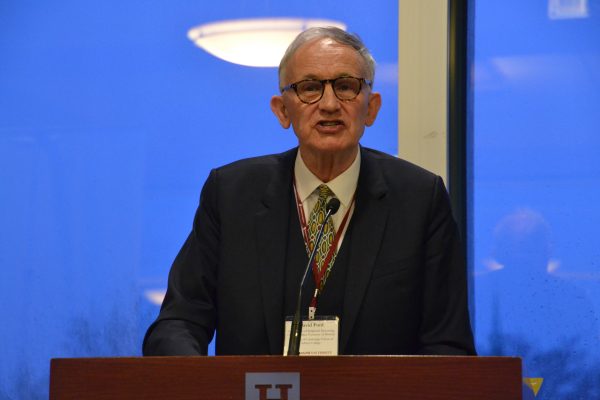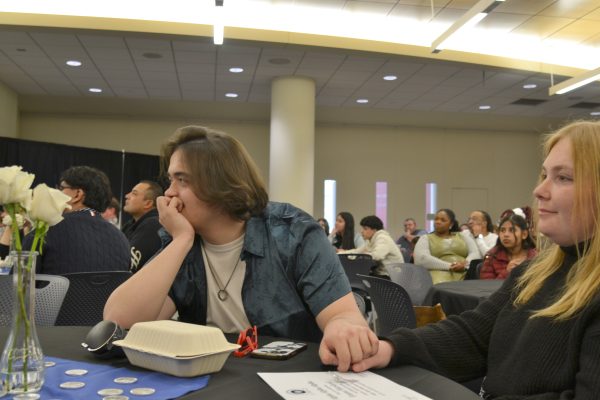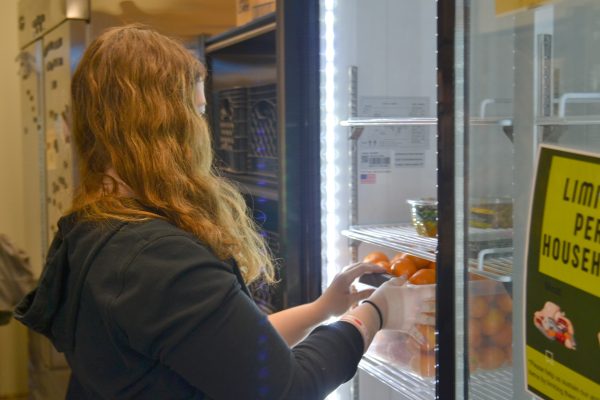The Ebola outbreak
October 15, 2014
In recent weeks, west Africa has been hit by an outbreak of the Ebola virus, and last week marked the first occurrence of the virus in the U.S. when Liberian native Thomas Duncan was hospitalized with the disease in Dallas, Texas. The U.S. has taken preventative measures to keep the virus from spreading, including the quarantine of several civilians who are considered at risk after coming in contact with the disease. The outbreak has brought international attention to Ebola, so the Oracle has provided some FAQs about the virus.
What is Ebola?
According to the World Health Organization (WHO), Ebola is a virus that can cause severe illness with symptoms that include fever, vomiting, diarrhea and bleeding. Around 50 percent of Ebola cases are fatal.
How is Ebola spread?
Ebola can only be spread through direct contact with the blood, secretions or bodily fluids of an infected person, or through surfaces and materials contaminated by those fluids. Infected persons are only contagious after their symptoms begin to show, often beginning with the sudden onset of a sore throat, muscle pain, fever or headache. Victims can be contagious up to seven days after recovery, and contaminated bodies can spread the disease as well.
How is Ebola treated?
There is no cure for Ebola, but keeping patients hydrated, providing intravenous fluids and treating specific symptoms can improve the chances of survival. There are a few different forms of treatment currently being tested, including immune and drug therapies and two potential vaccines that are still in development.
What can I do to help?
You may have noticed a box in the Anderson Center labeled “Ebola Prevention Supplies.” Hamline PRIDE Black Students Association and the Hamline African Student Association have initiated a drive to collect prevention materials to provide to the areas of Africa affected by the disease. All students are encouraged to donate materials such as hand sanitizer, soap and Tylenol, as well as money, to assist the affected nations in their effort to halt the disease. The box will be available for donations at the Anderson Center Front Desk until Oct. 17.
Find more about which materials are needed for donation at http://www.hamline.edu/HUNewsDetail.aspx?id=4295008010, or contact PRIDE BSA President Jamesetta Collins (jcollins01@hamline.edu) or HASA President Samie Burnett (sburnett02@hamline.edu) with questions.





